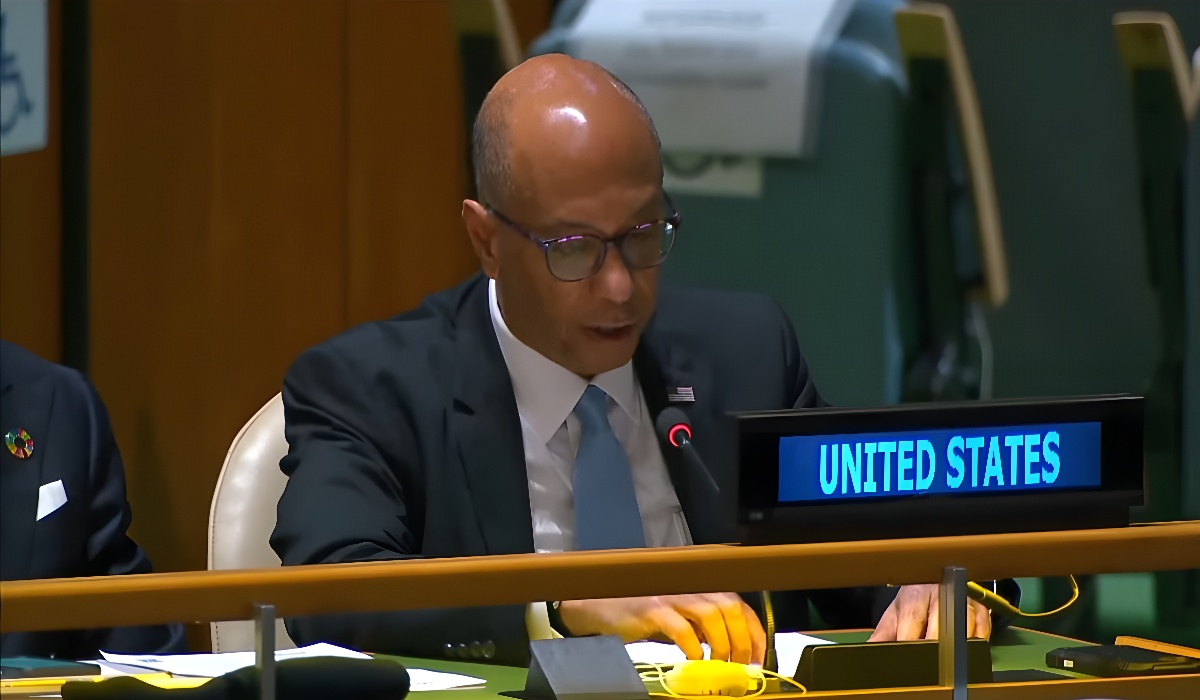Oath Keepers Leader Stewart Rhodes Convicted Of Seditious Conspiracy
- TDS News
- Breaking News
- U.S.A
- November 30, 2022

Rhodes faces up to 60 years in prison for multiple convictions related to the deadly January 6 attack on the U.S Capitol
When U.S. federal prosecutors filed criminal charges against hundreds of people in connection with the attack on the Capitol, it was a significant move to hold the January 6 insurrectionist accountable. This included the indictment of Oath Keepers leader Stewart Rhodes and four others is notable because it underlies a section of the U.S. Criminal Code called “treason.” Rarely used statutes to prosecute them, sedition and subversion”.
The insurgent conspiracy is the most serious conviction of the 900 criminal cases that have emerged in a wide-ranging investigation into the Capitol domestic terrorist attack that has led to the arrest of hundreds of insurrectionists. Rhodes, 57, along with a few of his co-conspirators, was found guilty of seditious conspiracy. A civil war-era charge has not been tried in nearly three decades. Rhodes and co-defendant Kelly Meggs are the first people convicted in almost three decades.
Rhodes was also found guilty of Obstructing an Official Proceeding and Tampering with Documents. He faces up to 60 years in prison for the three counts. Rhodes and the rest of the Oath Keepers were denied bail as they await their sentencing hearing in approximately 90 days.
Three other Oath Keepers have previously pleaded guilty to inciting conspiracy. The last time the Justice Department obtained such a conviction from a court was in 1995 when it indicted Islamist militants who planned to bomb New York City landmarks.
The Oath Keepers conviction is a big win for the U.S. Department of Justice. It also sets a precedent for upcoming cases against Proud Boys leader Enrique Tarrio on similar charges of sedition.
Earlier in the year, Jeremy Bertino, a former chapter leader of the Proud Boys Militia, pleaded guilty as he was facing a statutory maximum of 20 years in prison for seditious conspiracy and up to 10 years in prison for firearms charge.
Additionally, there is the possibility of financial penalties associated with the charges. It was not determined when the defendant would be sentenced. A federal district court judge will determine any sentence after considering the U.S. Sentencing Guidelines and other statutory factors.








